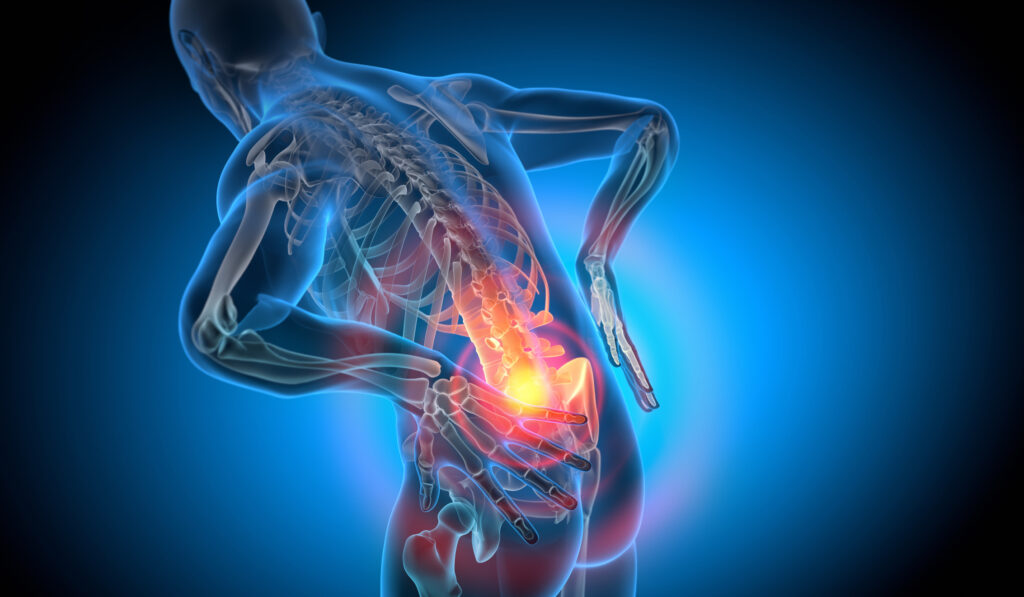Intervertebral disc degeneration (IDD) is a common condition that can lead to chronic back pain and significant disability. Recent research has begun to explore innovative treatments for IDD, particularly through the use of mesenchymal stem cells (MSCs) and their derived extracellular vesicles (MSC-EVs). In a groundbreaking study, researchers employed bioinformatics and in vitro modeling to investigate the effects of MSC-EVs containing specific microRNAs (miRNAs) on the autophagy and degeneration of nucleus pulposus (NP) cells—key components of the intervertebral disc.
The study, conducted by a team of researchers including LinFeng Wang, Yang Wang, Jianhang Jiao, Weibo Jiang, Tong Yu, Zhonghan Wang, Mufeng Li, Minfei Wu, and Su Pan, aimed to clarify the role of MSC-EVs in enhancing the health of NP cells. These cells play a vital role in maintaining the structural integrity and function of intervertebral discs. During degeneration, NP cells experience decreased viability and function, which contributes to the overall decline in disc health.
The researchers utilized advanced bioinformatics tools to analyze the specific miRNAs present in MSC-EVs and their potential targets within NP cells. This approach allowed them to pinpoint the key molecular pathways involved in autophagy—a cellular process crucial for maintaining cell health and function. By enhancing autophagy, the MSC-EVs could potentially protect NP cells from the degenerative processes that characterize IDD.
In vitro modeling further demonstrated the protective effects of MSC-EVs on NP cells. The study found that treatment with these vesicles not only promoted cell survival but also improved the overall health of the NP cells, suggesting a promising avenue for future therapies aimed at treating or even reversing IDD.
This research highlights the potential of MSC-EVs and their miRNA content as therapeutic agents in the management of intervertebral disc degeneration. The findings provide a solid foundation for further studies, with the hope that these innovative approaches can lead to new treatments that alleviate the burden of chronic back pain associated with IDD.
In conclusion, the study conducted by Wang et al. represents a significant step forward in understanding the biological mechanisms underlying intervertebral disc degeneration and offers hope for developing effective therapies through the harnessing of stem cell-derived extracellular vesicles. As research in this area continues to advance, we may soon see new strategies that could dramatically improve the quality of life for those affected by this debilitating condition.


